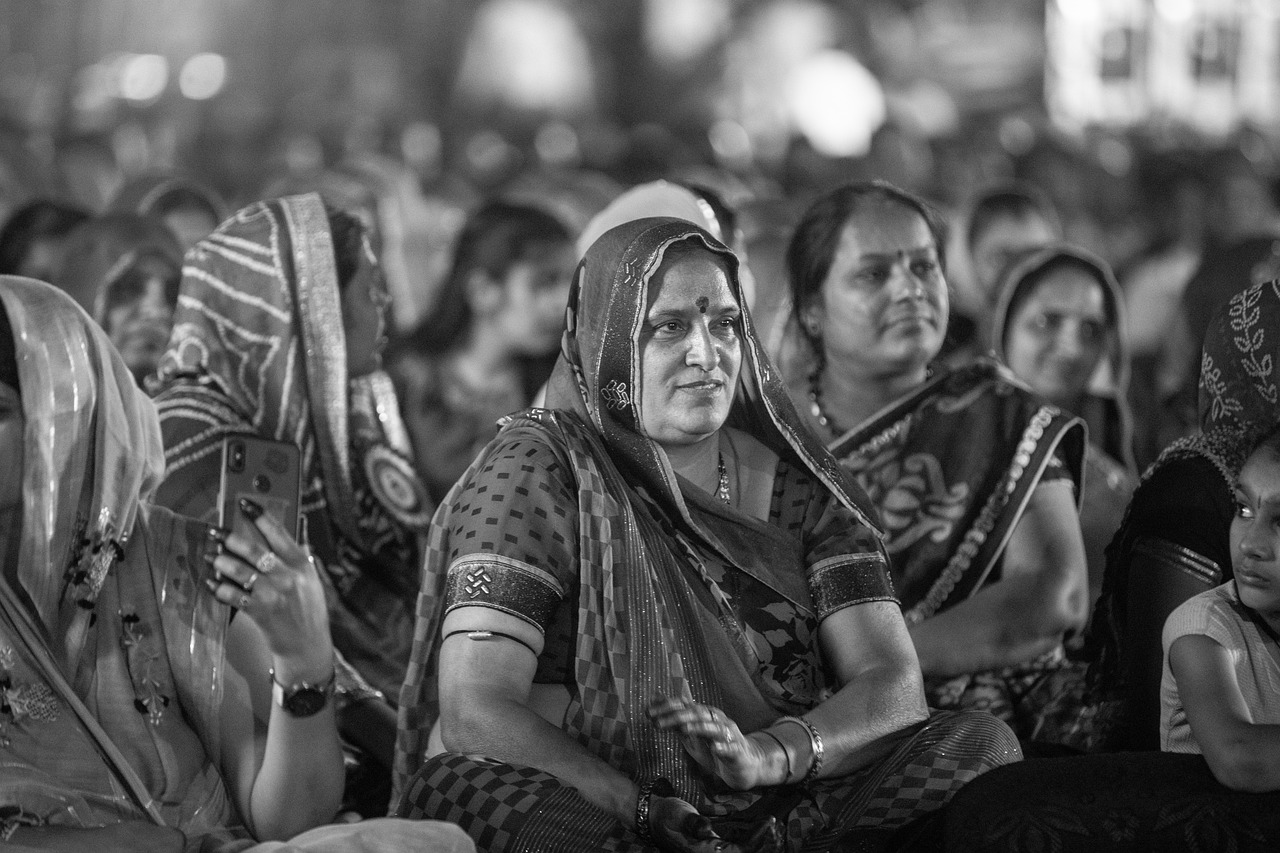Forecasting the Effect of Pandemics on Election Turnout: Allpanelexchange, Lotus365 book, Laser book 247
allpanelexchange, lotus365 book, laser book 247: The coronavirus pandemic has brought about unprecedented challenges across all aspects of society, including the realm of politics. As countries around the world grapple with the impact of COVID-19, one significant question arises: How will pandemics affect election turnout?
1. Historical Perspective
Looking back at past pandemics such as the Spanish flu of 1918 or the H1N1 outbreak in 2009, it is clear that these health crises have had varying effects on voter turnout. Factors such as the severity of the pandemic, government response, and public perception all play a role in shaping election outcomes.
2. Potential Impact on Voter Behavior
One key concern during a pandemic is whether voters will feel safe and comfortable going to polling stations to cast their ballots. Fear of contracting the virus may lead to a decrease in voter turnout, particularly among high-risk groups such as the elderly or immunocompromised.
3. Shift to Mail-In Voting
In response to the pandemic, many countries have implemented mail-in voting as a safer alternative to in-person voting. While this may help mitigate the impact of low turnout, it also raises concerns about the integrity of the election process and potential delays in counting ballots.
4. Digital Campaigning
With social distancing measures in place, political parties have had to adapt their campaign strategies to reach voters online. Digital campaigning allows for greater outreach and engagement, but it also creates challenges in terms of misinformation and cybersecurity.
5. Voter Engagement Efforts
In light of the pandemic, organizations and advocacy groups have ramped up efforts to educate and mobilize voters. Initiatives such as voter registration drives, absentee ballot requests, and virtual town halls aim to ensure that every voice is heard in these uncertain times.
6. Election Day Preparedness
Election officials are facing the daunting task of preparing for elections amidst a global health crisis. Steps such as implementing social distancing measures at polling stations, providing personal protective equipment to poll workers, and ensuring the sanitation of voting equipment are crucial in safeguarding the integrity of the electoral process.
FAQs
Q: Will pandemics lead to lower voter turnout?
A: While pandemics can indeed impact voter turnout, the extent of the effect depends on various factors such as public health measures, government response, and voter confidence in the electoral process.
Q: What strategies can be employed to mitigate the impact of pandemics on election turnout?
A: Implementing mail-in voting, digital campaigning, voter engagement efforts, and election day preparedness are key strategies that can help address the challenges posed by pandemics.
Q: How can individuals stay informed and engaged during a pandemic election?
A: Stay informed about changes to election procedures, register to vote or request an absentee ballot, participate in virtual town halls or candidate forums, and encourage others to exercise their right to vote.
In conclusion, the impact of pandemics on election turnout is a complex and evolving issue that requires careful consideration and proactive measures to ensure that democratic processes remain intact in the face of crisis. By implementing innovative strategies and fostering civic engagement, we can navigate these challenging times and uphold the principles of democracy.







